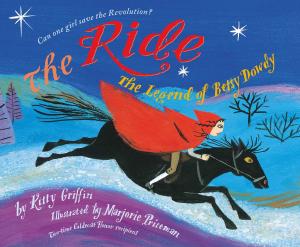| Author: | Adele Fasick | ISBN: | 9780985315207 |
| Publisher: | Adele Fasick | Publication: | March 17, 2012 |
| Imprint: | Smashwords Edition | Language: | English |
| Author: | Adele Fasick |
| ISBN: | 9780985315207 |
| Publisher: | Adele Fasick |
| Publication: | March 17, 2012 |
| Imprint: | Smashwords Edition |
| Language: | English |
Who was Margaret Fuller? She shook up the Bostonians of the 1840s and then moved on to shake up Rome and support a revolution against the Pope. People had strong opinions about her. Edgar Allen Poe called her an ill-tempered old maid. Nathanial Hawthorne satirized her in his “Blithedale Romance” But Ralph Waldo Emerson described her as a “brave, eloquent, subtle, accomplished, devoted, constant soul” and thought her countrymen did not fully appreciate her.
Decide for yourself. Read about how Margaret learned Latin at the age of six. As she grew up she encouraged young women to trust themselves and empowered them to seek new frontiers. Margaret sympathized with the plight of the Indians driven from their traditional homelands. She praised the virtues of Irish immigrants at a time when most commentators could only see their poverty and lack of ‘gentility’. Read about Margaret in this concise new biography, which uses her own words to bring to life a nineteenth century woman who changed the way Americans view the world.
Who was Margaret Fuller? She shook up the Bostonians of the 1840s and then moved on to shake up Rome and support a revolution against the Pope. People had strong opinions about her. Edgar Allen Poe called her an ill-tempered old maid. Nathanial Hawthorne satirized her in his “Blithedale Romance” But Ralph Waldo Emerson described her as a “brave, eloquent, subtle, accomplished, devoted, constant soul” and thought her countrymen did not fully appreciate her.
Decide for yourself. Read about how Margaret learned Latin at the age of six. As she grew up she encouraged young women to trust themselves and empowered them to seek new frontiers. Margaret sympathized with the plight of the Indians driven from their traditional homelands. She praised the virtues of Irish immigrants at a time when most commentators could only see their poverty and lack of ‘gentility’. Read about Margaret in this concise new biography, which uses her own words to bring to life a nineteenth century woman who changed the way Americans view the world.















